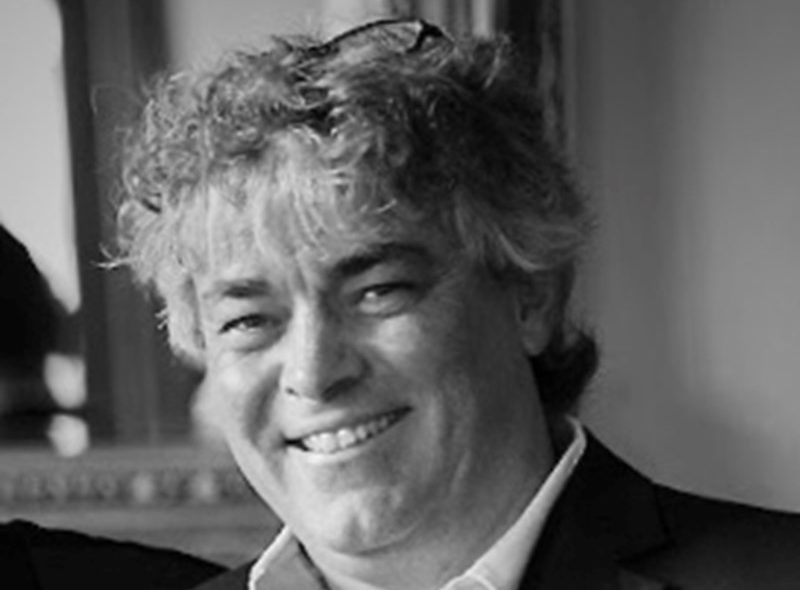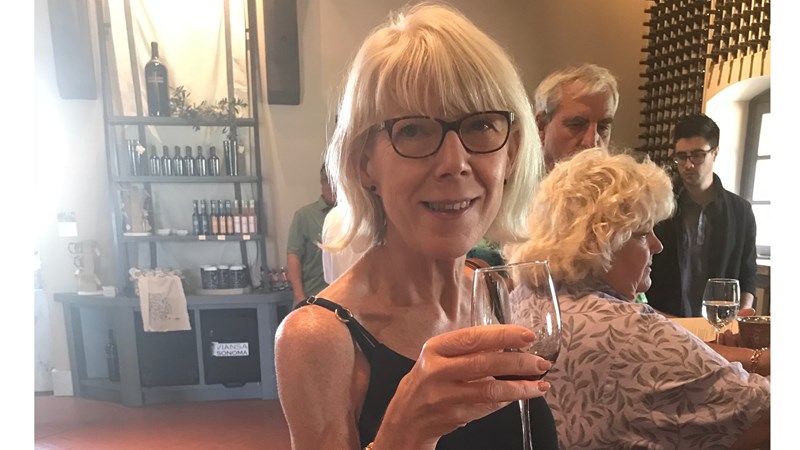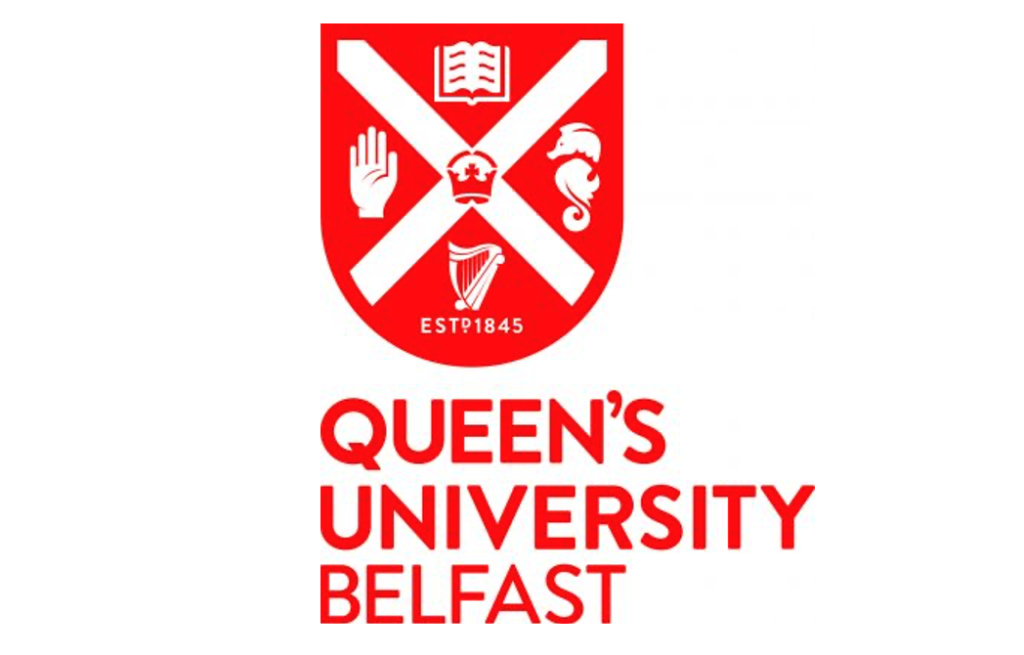Major collaboration between Queen’s University Belfast and University of Dundee to tackle oesophageal squamous cell carcinoma
OCHRE is proud to announce that we are funding a major new research initiative that brings together leading scientists from Queen’s University Belfast and the University of Dundee to investigate oesophageal squamous cell carcinoma (OSCC) – a form of oesophageal cancer that has been described as “forgotten” by the research community.
Over £300,000 Investment in Hope
Thanks to the incredible generosity of our supporters, OCHRE is providing over £300,000 to fund this vital research project. This substantial investment represents one of our largest research grants to date and demonstrates our unwavering commitment to finding better treatments for all forms of oesophageal cancer.
Addressing Health Inequalities
OSCC disproportionately affects people from socially deprived communities, yet has received significantly less research attention and funding compared to other forms of oesophageal cancer. This collaboration aims to change that by focusing specifically on understanding both the causes of OSCC and developing new treatment approaches.
“This research addresses a critical gap,” explains OCHRE. “While other forms of oesophageal cancer have seen increased research investment, OSCC has been overlooked despite affecting some of our most vulnerable communities.”
Innovative Research Approach
The research team will be developing patient-derived organoids – essentially mini-models of tumours grown in the laboratory – to better understand how OSCC develops and spreads. Crucially, this approach will also help researchers tackle one of the biggest challenges in cancer treatment: drug resistance.
These organoids will allow scientists to test different treatments and understand why some patients respond better to certain therapies than others, potentially leading to more personalised treatment approaches for OSCC patients.
Why This Matters for Patients and Families
Oesophageal cancer currently has one of the lowest survival rates of all cancers, making research like this absolutely critical. By focusing on OSCC specifically, this project could lead to:
- Better understanding of what causes this particular form of oesophageal cancer
- New treatment options for patients
- More personalised approaches to care
- Improved outcomes for people from disadvantaged communities
Your Support Makes This Possible
This research is only possible because of the donations and fundraising efforts of our amazing supporters. Every contribution to OCHRE – whether through individual donations, fundraising events, or legacy gifts – directly funds research like this that could transform the lives of future patients and their families.
Looking Ahead
The collaboration between Queen’s University Belfast and the University of Dundee represents exactly the kind of innovative, collaborative approach needed to tackle the challenges of oesophageal cancer. As this research progresses, we’ll be sharing updates on the findings and their potential impact.
For more information about OCHRE’s research funding programme or to support future research projects, please visit our research section or get in touch with our team.
OCHRE is the UK’s leading charity dedicated to raising awareness and funding research into oesophageal cancer, its causes and treatments. Based in Scotland, we work to ensure that oesophageal cancer patients and families are represented in policy decisions whilst providing vital support and information to those affected by the disease.



